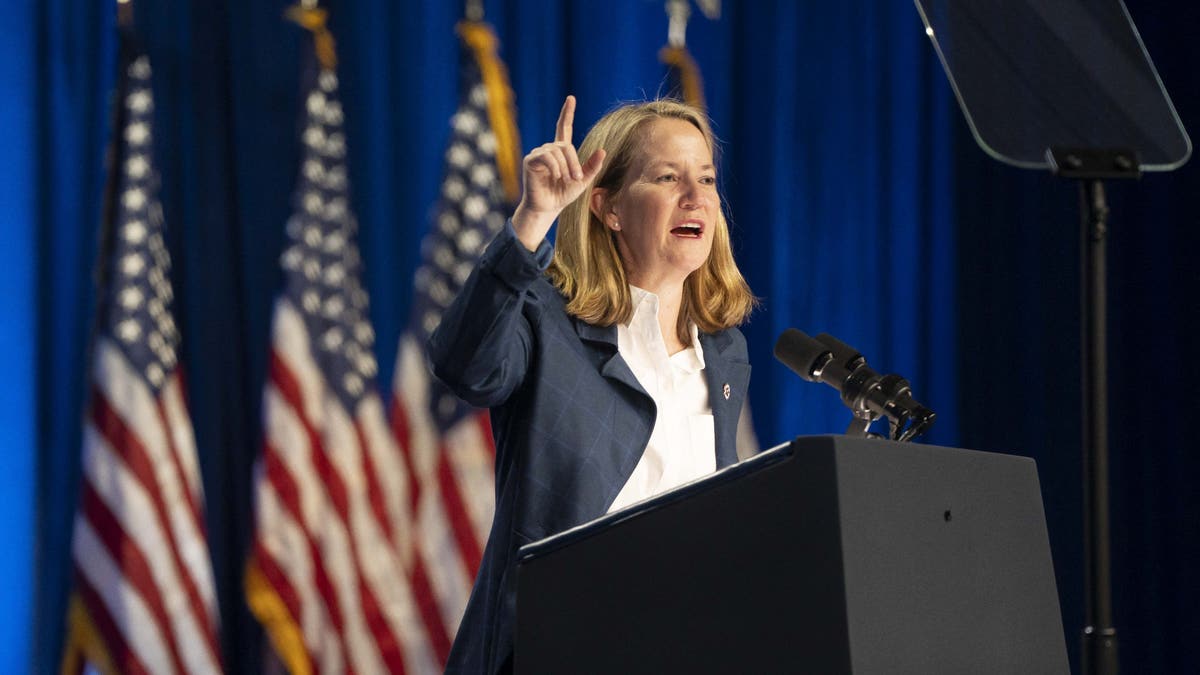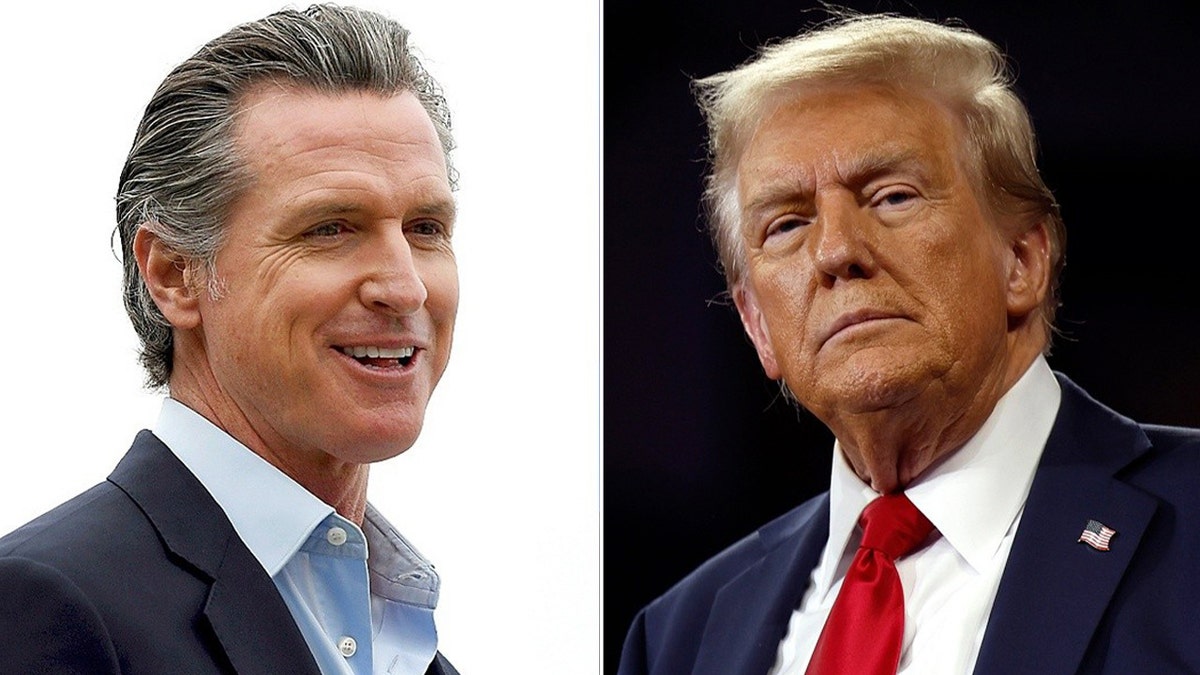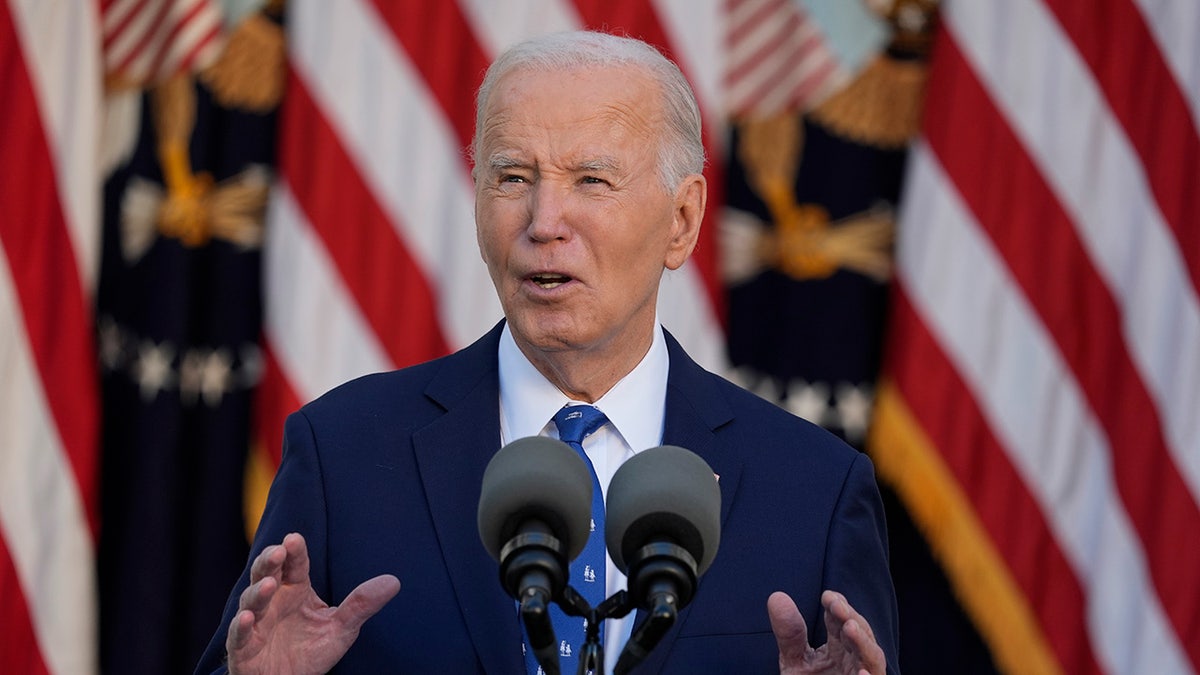Tensions remain high in the Gaza Strip as Israeli Prime Minister Benjamin Netanyahu accuses Hamas of attempting to alter a previously agreed-upon ceasefire deal at the last minute. Netanyahu's office stated that the Israeli Cabinet would postpone its vote on the agreement until Hamas addresses the alleged discrepancies. The move comes after reports of a negotiated ceasefire and hostage release, brokered by the United States, Qatar, and Egypt, which was expected to be ratified on Thursday.

The details of the disagreement remain unclear, with Netanyahu’s office simply stating that Hamas sought “last-minute concessions” and attempted to backtrack on a portion of the agreement. This follows an announcement by President Biden, alongside Vice President Kamala Harris and Secretary of State Antony Blinken, outlining a three-phase plan for the ceasefire. The initial phase, set to span six weeks, included a complete ceasefire, Israeli withdrawal from populated areas of Gaza, and the release of hostages held by Hamas, including American citizens.
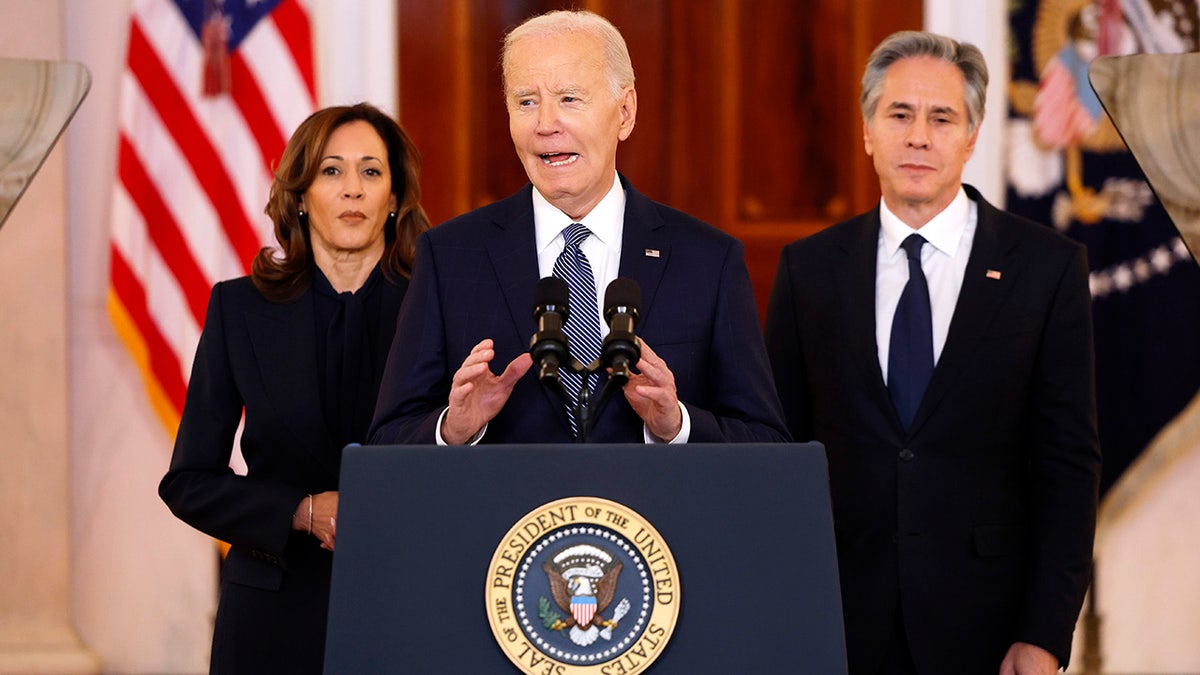
In return, Israel would release hundreds of Palestinian prisoners and allow Palestinians to return to their homes in Gaza, with humanitarian aid set to commence. While a senior Hamas official affirmed the group's commitment to the ceasefire, the situation on the ground remains volatile. Reports indicate heavy Israeli bombardment in Gaza overnight, even as celebrations of the prospective ceasefire took place. Gaza's Health Ministry reported a significant number of casualties, with a substantial portion being women and children.
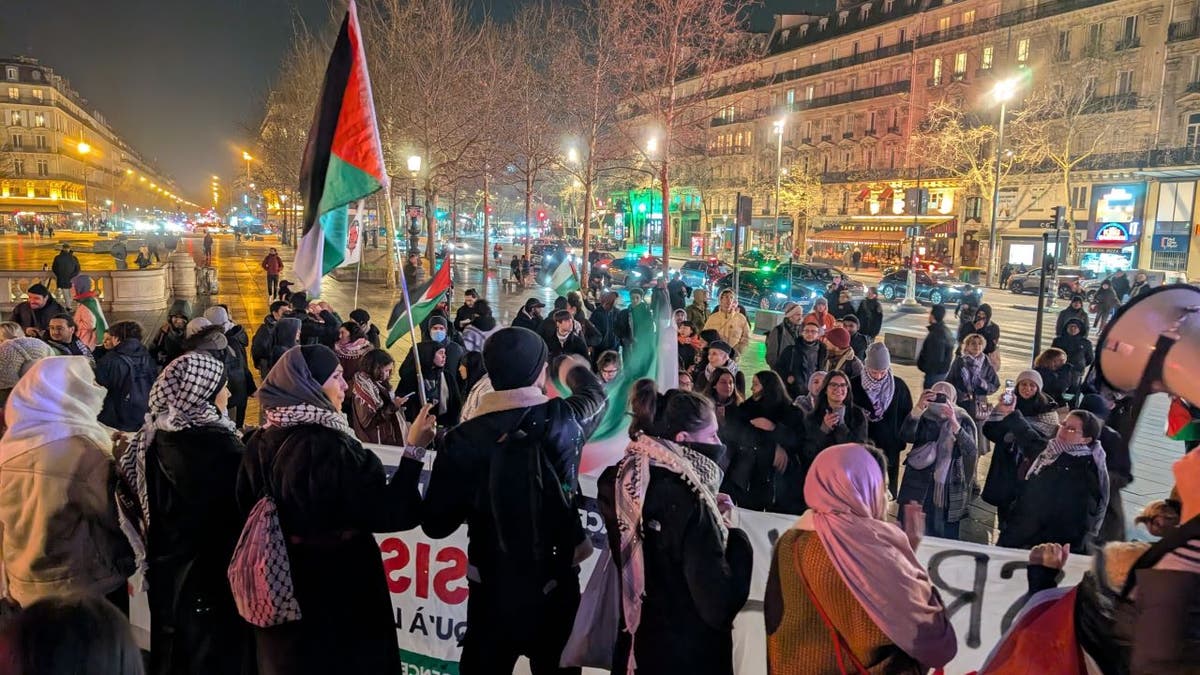
The ceasefire agreement outlines a complex exchange involving the release of 33 hostages over six weeks in return for hundreds of Palestinian prisoners. The agreement also stipulates the withdrawal of Israeli forces from certain areas, allowing displaced Palestinians to return home. However, the long-term fate of the remaining hostages, including Israeli soldiers, remains uncertain, contingent upon further negotiations and a lasting ceasefire. Hamas insists on a full Israeli withdrawal for the release of all captives, while Israel demands the dismantling of Hamas and continued security control over the territory.
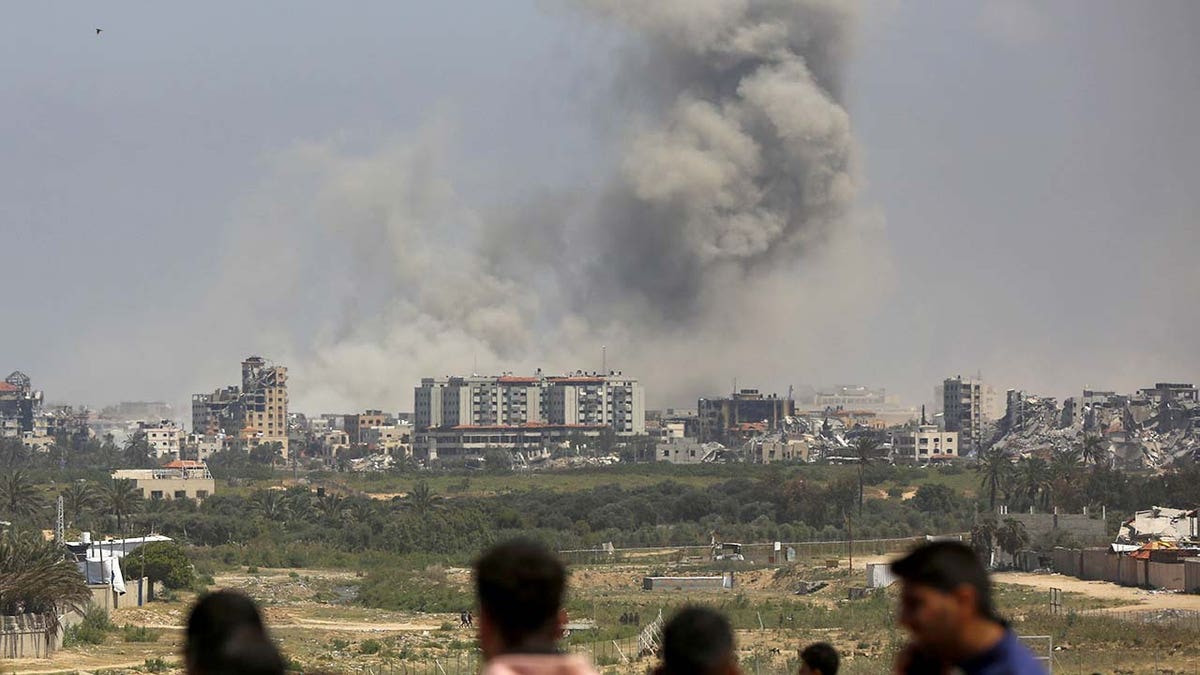
Mediators from Egypt, Qatar, and the U.S. are scheduled to convene in Cairo to discuss the implementation of the agreement and address the current impasse. The involvement of President-elect Donald Trump's Middle East envoy in the final stages of negotiations has added another layer of complexity, with both the outgoing and incoming administrations claiming credit for the progress made. The ongoing conflict has resulted in a devastating humanitarian crisis in Gaza, with tens of thousands of casualties and widespread displacement, underscoring the urgent need for a lasting resolution.



